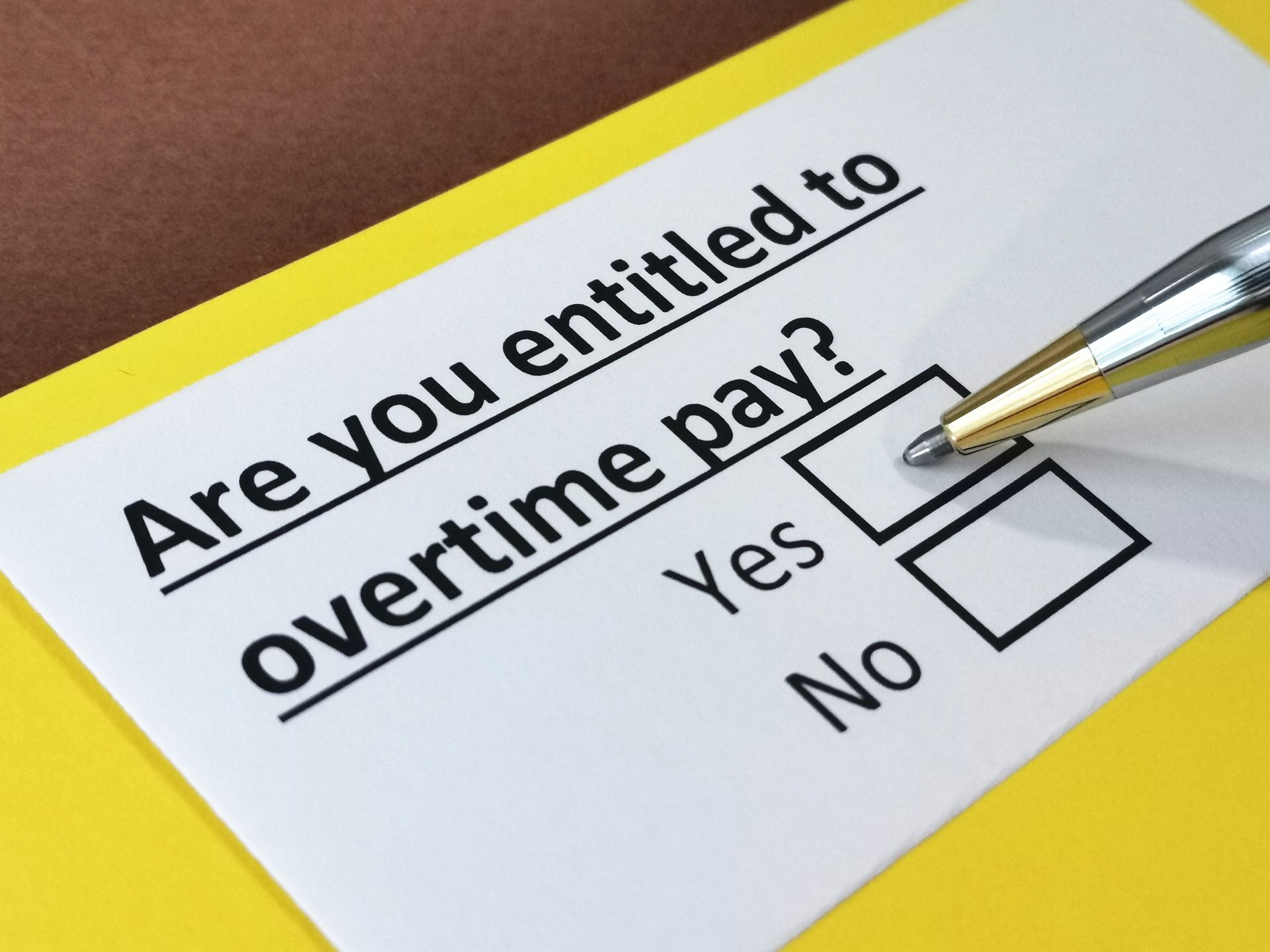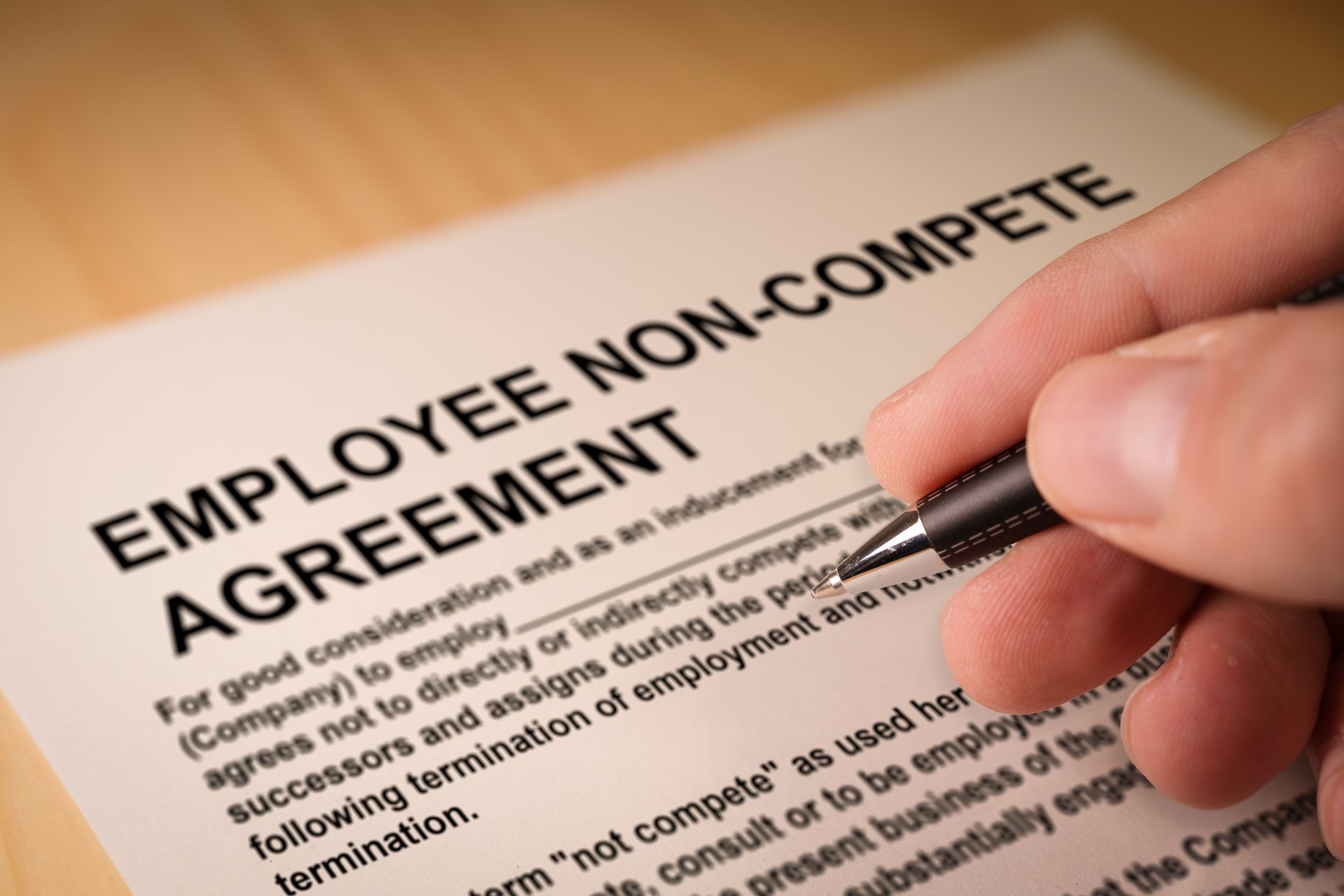
Getting paid accurately and on time is one of the most basic expectations in any job. In Minnesota, most employers follow the rules. They use timekeeping systems, payroll software, and bookkeeping safeguards that protect both workers and the business. For reputable employers, intentional “wage theft” is rare because it risks lawsuits, fines, and reputational damage.
Still, disputes and unintentional mistakes can happen. When hours worked are not precisely tracked, deductions aren’t explained, or overtime is overlooked, workers can end up shortchanged.
Common Situations Where Wage Problems Arise
Unpaid wages don’t always mean an employer is intentionally breaking the law. Many disputes come from sloppy recordkeeping or unclear expectations. Some of the most common scenarios include:
- Unpaid overtime – Overtime pay at time-and-a-half is required after 40 hours in a workweek. Disputes often come up when employees are misclassified as “exempt” from overtime or are told to work “off the clock.” Some small businesses mistakenly average hours across a two-week pay period, assuming that 80 hours total means no overtime is owed. In reality, Minnesota law requires overtime for any hours
above 40
in a single workweek.
- Off-the-clock work – Workers may be asked to set up before a shift, clean up after closing, or attend mandatory meetings without being paid for the extra time.
- Improper deductions
– Employers sometimes deduct for uniforms, equipment, or cash register shortages without written authorization, which Minnesota law prohibits.
- Tipped workers – Tips belong to the employee. Problems arise when managers skim tips, create illegal tip pools, or fail to supplement base wages when tips don’t bring pay up to minimum wage.
- Under-the-table pay
– Cash arrangements may sound convenient to workers who may want to save money on income tax, but it can create major problems when there’s no record of hours worked or wages earned. Without records, proving unpaid wages is much harder.
- Late or missing paychecks – Payroll delays or an employer withholding a final paycheck after termination also count as wage issues.
What Minnesota Law Requires
Minnesota strengthened worker protections in 2019 with the Wage Theft Prevention Act. This law requires:
- A written notice at the start of employment outlining pay rates, schedules, and deductions.
- Detailed earnings statements with every paycheck.
- Accurate timekeeping records for all non-exempt employees.
In addition, employers must comply with overtime rules. Most employees must receive 1.5 times their regular rate for hours worked beyond 40 in a week, unless they fall under narrow exemptions.
Minnesota also enforces minimum wage rules, which for large employers are higher than the federal rate.
Why Recordkeeping Matters for Everyone
For workers, good records provide proof if there’s ever a dispute about unpaid wages. Most workers don’t keep detailed notes on their hours worked, but it is a good idea to hold onto pay stubs, schedules, and time clock records, particularly if you suspect your employer has made a mistake in the past.
For employers, accurate records are just as important. If an employee files a complaint, the burden is on the employer to prove they are compliant. A business that fails to keep proper records may face penalties even if the underpayment was unintentional.
Recordkeeping protects both sides. It gives workers confidence they’ll be paid fairly, and it shields employers from costly legal battles.
What Workers Can Do if Pay Seems Wrong
If a paycheck doesn’t look right, the first step is to review your own records. Compare your pay stub to your schedule for that week, and make sure overtime or tips are included correctly. Many issues turn out to be clerical errors that HR or payroll can fix once they’re flagged.
When the problem isn’t resolved internally, workers have additional options:
- File a complaint with the Minnesota Department of Labor and Industry (DLI). The agency investigates wage theft claims and can order payment of back wages.
- Document retaliation If an employer cuts hours, threatens termination, or otherwise punishes an employee for raising concerns, that can lead to separate legal consequences.
If you suspect you’ve been underpaid, begin keeping your own records. Write down start and end times, save copies of posted schedules, and hold onto communications with supervisors.
These details can strengthen your case if you decide to file a formal complaint.
When to Involve an Employment Attorney With a Wage Dispute in Minneapolis–St. Paul
Not every paycheck dispute requires a lawyer, but legal help can make a difference in certain situations. Workers often turn to attorneys when:
- The amount of unpaid wages is significant.
- The employer refuses to provide records or correct mistakes.
- They are misclassified as an “independent contractor” to avoid overtime or benefits.
- Retaliation occurs after raising a concern.
- Wage theft appears to be part of a broader pattern affecting multiple workers.
An employment attorney can calculate what is owed, negotiate directly with the employer, or pursue claims in court.
For employers, legal guidance is also important when facing allegations, since penalties under Minnesota law can include fines, back pay, and attorney’s fees.
A referral counselor at the Minnesota Lawyer Referral and Information Service (MNLRIS) can help connect you with an experienced employment law attorney with experience in unpaid wage and overtime cases. You can start your search by filling out the form on our website, or by calling (612) 752-6699.




